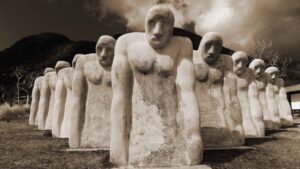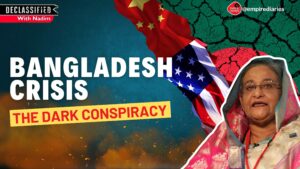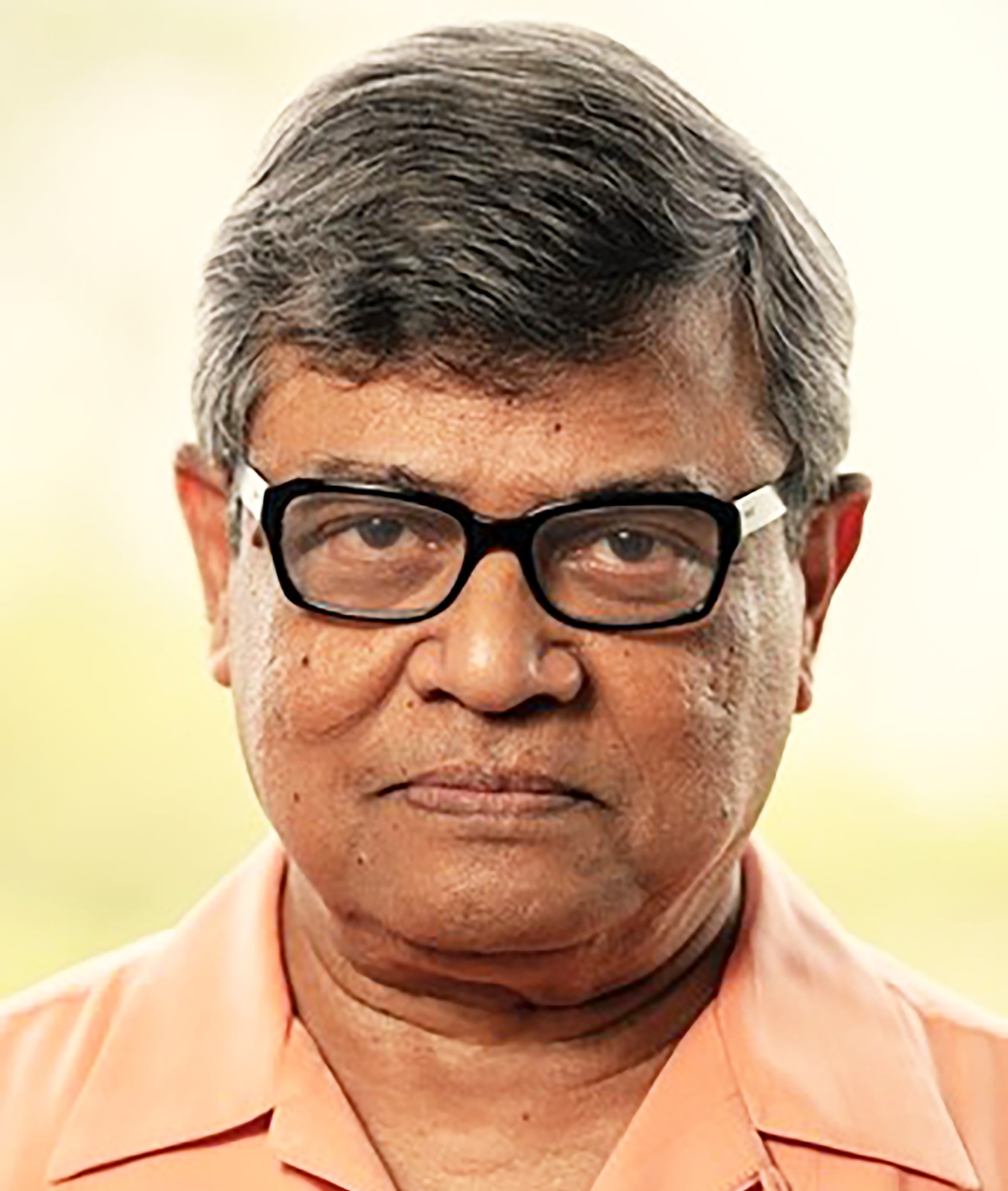Dr. Kallol Guha
COLUMN/ THE WRITE LINE
August 29, 2023: The term ‘BRICS’ refers to Brazil, Russia, Bharat, China, and South Africa, which are five emerging economies with significant geopolitical influence in a world otherwise largely dominated by the Anglo-American West. Given the combined leadership of China and Russia, the combination of Bharat, Brazil, and South Africa have the potential to challenge the dominance of the US and NATO.
Earlier this month, the BRICS grouping held its 15th annual summit in Johannesburg, South Africa, where it roped in six new members into its fold, including Saudi Arabia and Iran. Let’s closely look at some of the factors that stand in the way of BRICS exerting its full impact in countering the hegemonic politics of the US and the collective West.
BRICS vs. West: Military power
The BRICS countries, with special reference to China and Russia, possess significantly sound military capabilities as the conflict in Ukraine has revealed. Whether their combined strength matches the United States and NATO’s military might remains to be seen.
The US and NATO have well-established military alliances and advanced technology, making them formidable opponents. But records show that they have never secured any definitive military victory since the end of World War 2.
The expression of strength of BRICS also depends on how the grouping’s member countries adapt to the natural leadership of China and Russia, who might be facing resistance from the other members such as Brazil and especially Bharat, a domesticated ally of the collective West.
Economic might
BRIC countries have made significant economic strides. However, their economies are not on par with that of the United States. Other than China and Russia, the remaining member countries, especially Bharat, lack leadership that can utilise the full potential of their formidable human resources through indigenous schooling, which is required to create a disciplined workforce. It is the main engine of socioeconomic development of a given nation.
Despite their growing economic influence, member countries other than China and Russia face challenges in areas such as competent leadership, income disparities, infrastructure, accountability, and governance. The leadership role of both China and Russia may possibly catalyse the economic growth of this camp.
Internal differences
It is true that the BRIC countries have diverse political systems, foreign policy priorities, and historical rivalries, which may hinder effective cooperation in countering the US and NATO. There is every reason to believe that the US and NATO will do everything in their power to undermine and even disintegrate this organisation to maintain the status quo – meaning, their world dominance and control.
The presence of Bharat is said to be designed just for that. However, political wisdom and the leadership of China and Russia in conjunction with vast human and natural resources in their possession should make it possible to forge unity within this organisation.
Technological gap
The US and NATO lead in technological advancements, particularly when it comes to defence and cyber capabilities. It gives the combination an edge in modern-day warfare. It is an example of how able leadership of a given group of nations, however small, can develop the quality of their own human resources through indigenous schooling and boost their technological advancement.
This is precisely what both China and Russia have done to achieve similar success, unlike other counterparts of BRICS. But China and Russia in the leadership role and their support and guidance can potentially close the technological gap. But that is not to say the task is easy.
Soft power
It is true that at a cursory look, the United States and NATO have strong diplomatic ties and substantial soft power, which allows them to influence international institutions, alliances, and public opinion more effectively.
However, it must be emphasised that it is the paid media of the collective West that is engaged in conditioning people with misinformation and disinformation, and making them take a stand on a given political issue, even if that goes against the public interest. It is essential that BRICS undertakes aggressive and fierce media warfare to counter such vicious effects of misinformation and disinformation.
The road ahead
While the BRICS countries individually and collectively can assert themselves as important global players, counterbalancing the influence of the US and NATO would require substantial cooperation and convergence of interests among them. BRICS members must make a commitment to drastically reform their schooling setups, so that their own human resources can be shaped through indigenous schooling systems instead of westernised imitation schooling. It will eventually lead to national development and prosperity.
Most of the world, represented today by the Global South, is anxiously waiting for this change.
REPUBLISHING TERMS:
All rights to this content are reserved. If you want to republish this content in any form, in part or in full, please contact us at writetoempirediaries@gmail.com.












